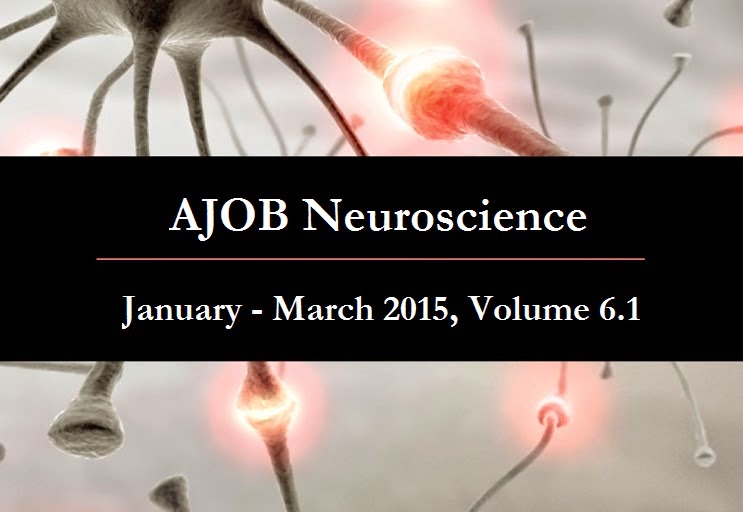Is Brain Dead Really Dead?

By Amber Green Amber Green is currently a senior in the Emory College of Arts and Sciences, double majoring in Neuroscience and Behavioral Biology and Philosophy . Her majors led her to an interest in neurophilosophy and neuroethics. She hopes to pursue a MA in Bioethics and/or Neurophilosophy and go into a career as a clinical neuroethicist after graduating in May. Having a family member pronounced dead is a very heartbreaking moment. Be it your pet, your sister, your mother, or your child, the pain you feel when the doctor reports that your loved one has passed away is overwhelming. Doctors know that there are no take-backs once they inform the family of the patient’s death, which is why there are strict procedures for a doctor to follow when declaring someone dead. However, when it comes to “brain death” and the advances of life support technology, these procedures become harder to follow and leads one to ask the question: “More importantly, if the brain is dead, are we dead?” In ...



